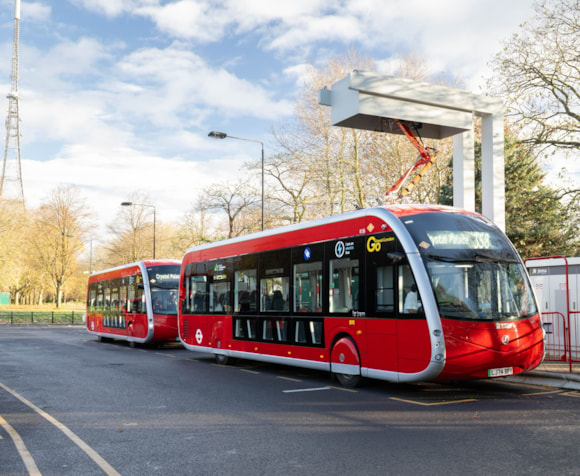The Climate Change Committee (CCC) has called on the government to urgently make electricity more affordable for consumers in order to unlock the full benefits of the green transition, including faster adoption of electric vehicles (EVs) and heat pumps.
In its first major assessment of the new government’s progress on reducing emissions, the CCC says that although progress has been made, stronger action is needed to hit legally binding climate targets and deliver tangible benefits to households and businesses.
The independent advisory body, which monitors the UK’s progress on emissions reduction, praised the country’s long-term efforts to cut carbon, noting that emissions have now fallen by just over 50% since 1990. Emissions fell by 2.5% in 2024 alone, marking the tenth consecutive year of decline outside the COVID-affected years of 2020 and 2021.
One of the CCC’s central messages is that lowering the cost of electricity is critical to making electric technologies more attractive to consumers. The report highlights that the uptake of electric vehicles, while encouraging, is still lagging slightly behind what’s needed to stay on track for net zero. In 2024, EVs made up 19.6% of new car sales – a significant market share, but still short of where it needs to be in the coming years.
The CCC credited some of this year’s progress to policies introduced by the previous government, such as EV incentives and heat pump schemes. But it also welcomed recent decisions by the new administration, including the removal of planning barriers for renewable energy projects and the reinstatement of the 2030 ban on the sale of new petrol and diesel vehicles.
Despite the progress, the Committee warns that the EV rollout must accelerate. It stresses that lowering electricity prices could play a pivotal role in this, especially as EVs become a mainstream consumer product. By making EV charging cheaper than refuelling with petrol or diesel, the Government could both increase uptake and demonstrate to the public that green choices are also economically sensible.
Other than making electricity cheaper, other key actions to decarbonising include providing clear support for heat pump deployment, decarbonising public sector buildings, expanding low-carbon electricity generation, and ensuring new homes are built without gas connections.
The Committee also flagged a number of sectors in need of greater attention, including aviation – where it says a clearer strategy is needed to align with net zero – and land use, urging more ambitious policies for tree planting and peatland restoration.
Interim Chair of the Climate Change Committee, Professor Piers Forster, said: “The UK can be proud of our progress in reducing emissions. We’ve cut them by over 50% since 1990. Our country is among a leading group of economies demonstrating a commitment to decarbonise society. This is to be celebrated: delivering deep emissions reduction is the only way to slow global warming.
“However, the Government needs to do more to ensure people see the benefits of climate action in their bills. Given increasingly unstable geopolitics, it is also important to get off unreliable fossil fuels and onto homegrown, renewable energy as quickly as possible. The fossil fuel era is over – cheap, clean electricity is our future.”







